With increasing population and decreasing agricultural quality due to the heavy use of chemicals, organic gardening is more of a necessity than a recreational activity. But what exactly is organic gardening? Let’s understand this better.
What Is Organic Gardening?

Organic gardening is nothing but growing vegetables and fruits without the use of chemical fertilizers, pesticides, or other artificial chemicals. In other words, organic gardening is gardening through natural ways.
While it sounds simple, it is a lot more than just not using chemicals. Jump on the au-naturel train and know the tips, tricks, and guidance to have a delicious harvest in your backyard - the organic way!
Benefits Of Organic Gardening

- Conserves water
- Prevents soil erosion
- Improves environmental health
- Improves soil health
- Saves money
- Gives a fresh, bountiful harvest
- Mineral-rich consumption
Be it an organic kitchen garden or an organic terrace garden, the benefits of having one are umpteen. And now that you know the benefits of organic gardening, it’s time to delve deeper into the same.
A Beginner’s Guide To Start Organic Gardening
Zero In On The Right Location

Choosing the right site is the most important step. The location should receive proper sunlight of 6 to 8 hours. Sunlight plays a pivotal role in organic kitchen gardening and one must steer clear of areas that are well-shaded or receive little sunlight.
Another thing to consider is not choosing the spot next to huge trees. This is to prevent root competition among organic plants and trees for moisture. Good drainage and a water resource nearby are two more critical factors.
Organic Vegetables To Grow

The pleasure of having fresh and nutritious vegetables, free of any chemicals, is unmatched. Some of the vegetables apt for beginners to put their hands on are as follows -
Taking Care Of Your Plants
Composting
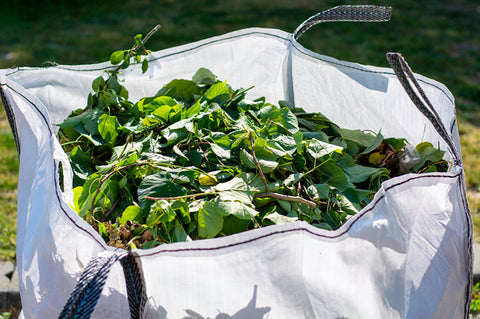
If you’re unsure of what composting is, it is a process of recycling organic matter into natural fertilizer for plants. This is an organic way to enrich the soil and subsequently, the plants. Composting speeds up the decomposition by offering an ideal environment for bacteria and fungi to do their job. Food waste, such as banana peels, coffee grinds, and eggshells, are great items to compost. Apart from these, yard waste such as grass clippings and leaves really helps.
So, mix a layer of compost in your soil. It will amend the soil quality, retain water, and improve growing conditions.
Mulching

Cover the soil with a layer of mulch. Besides controlling the growth of weeds (by blocking the sun they need to grow), mulching helps retain moisture in the soil. It also gives the garden a tidier look. Some of the popular mulch choices include untreated grass clippings, chopped leaves, aged wood shavings, and pine straw. It also adds nutrients to the soil.
Crop Rotation

Crop rotation is a process wherein plant types are moved to different locations annually. This is because if plants from the same crop family are planted at the same place year after year, it deprives the soil of its nutrients. Consequently, pests take root and start attacking the plant. By rotating the crops, the growth of pests can be controlled.
Companion Planting

Companion planting, as the name suggests, is the act of growing plants together for mutual benefit. For example- A nutrient-rich plant can be grown together with a plant that has pest-repelling abilities so both can benefit from one another. This practice makes both the plants more productive.
Sustainable Watering

Too much water or too little water are both hazardous. One key step is to stick the finger in the soil about an inch deep and recognise if the soil is wet or dry. If it is wet, leave the soil as is. Don’t water. However, if the soil is dry, water it along the base. Watering the leaves is not only a waste but also causes diseases. The best way to water an organic garden is drip irrigation.
Pesticide Alternatives

Besides the chemicalized pesticides, there are natural pesticides for plants that one can use like neem oil spray, soap spray, and more. These remedies to remove insect infestations from organic kitchen gardens are all-natural and inexpensive. They need a little effort to make at home but the benefits are magical. For ease, these can be bought too. To know more about getting rid of pests naturally, read our guide on best natural pest repellents.
That’s pretty much it!
If you are dedicated to putting in the effort, organic gardening will reap the benefits you desire. Rest assured, it’s easy and you’ll love the process.


 Sign In
Sign In



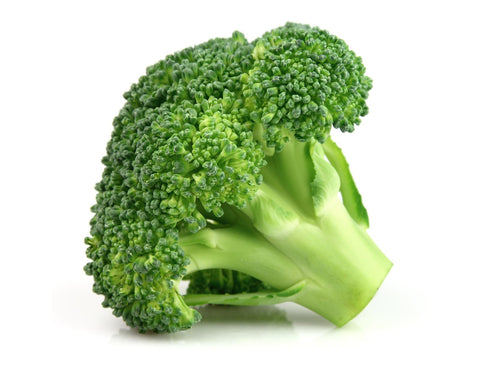
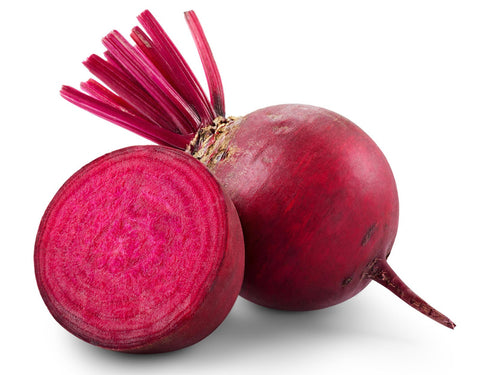
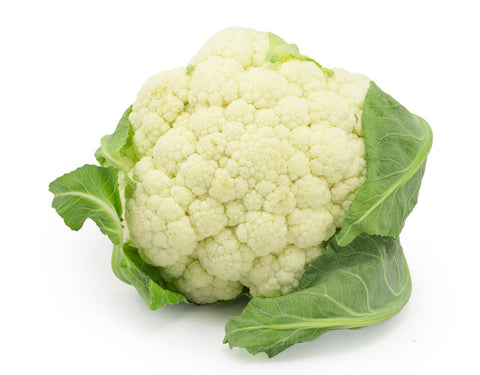
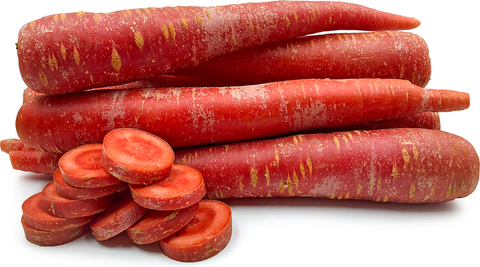
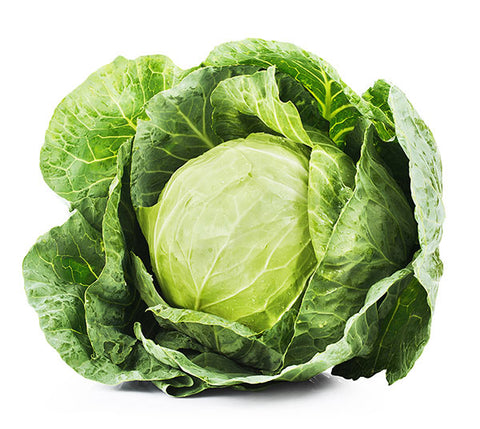
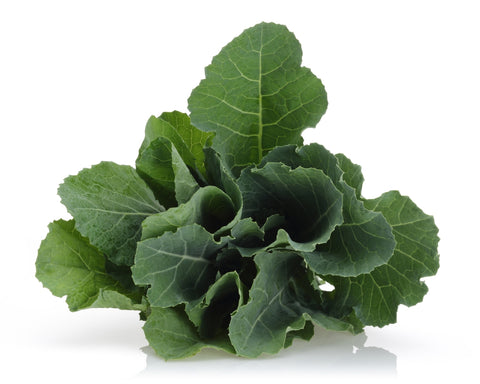

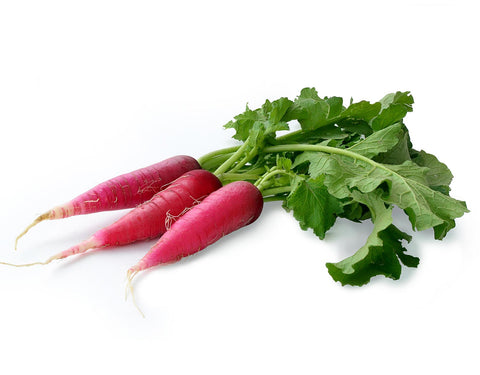

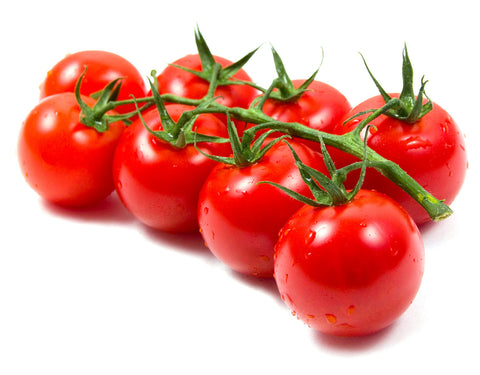
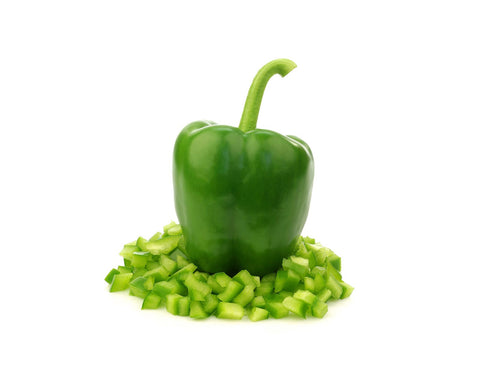
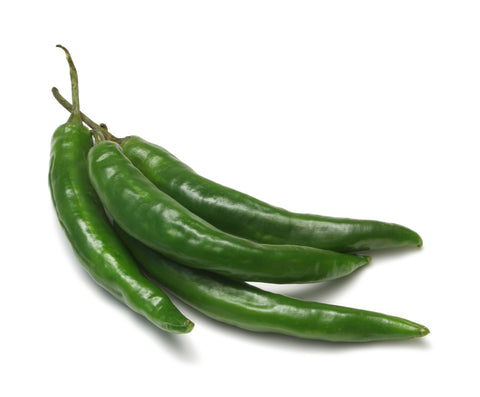
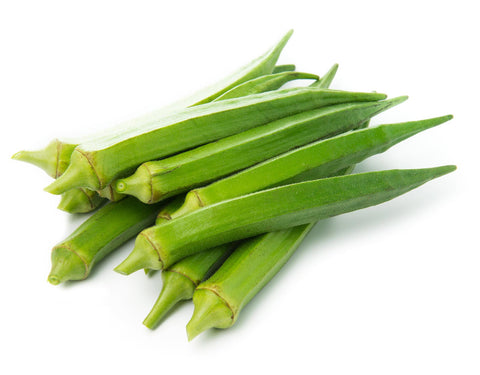
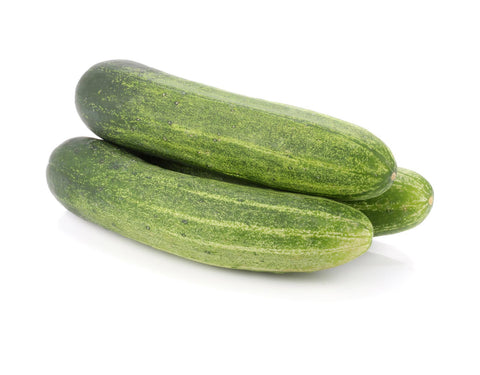
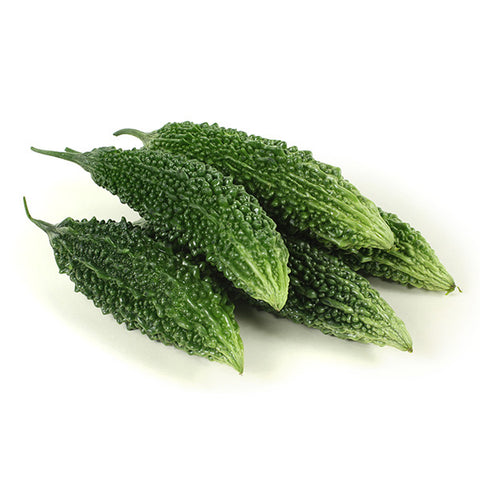

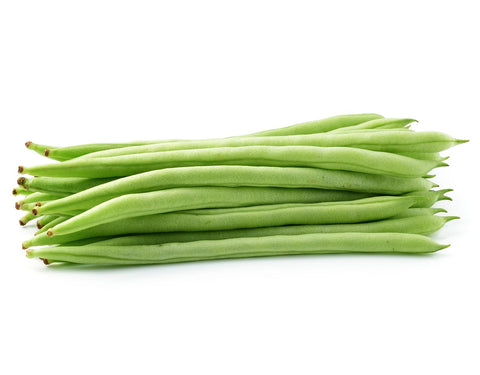
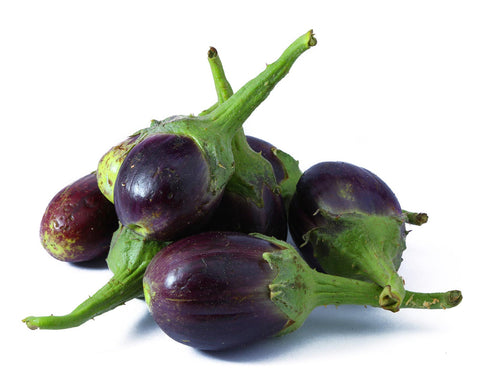






Let us know your feedback
* Comments must be approved before being displayed.